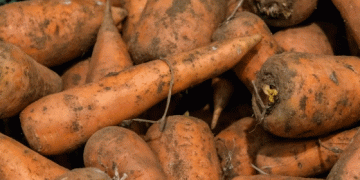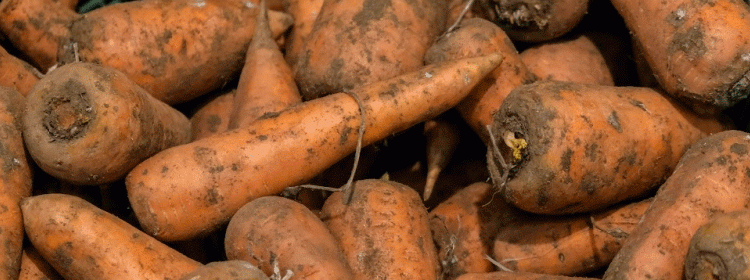Volgograd Oblast has successfully exported 320 tons of fresh carrots to Kazakhstan following comprehensive quality control inspections conducted on August 6-7, 2025 by Rosselkhoznadzor (Russia’s agricultural watchdog). The shipment received full phytosanitary certification, meeting all international requirements for cross-border vegetable trade.
Key Details of the Export Operation
- Quality Assurance Process
- Mandatory phytosanitary inspections for:
- Pesticide residues (meeting Codex Alimentarius standards)
- Soil contaminants (heavy metals testing)
- Microbial contamination screening
- 100% compliance with Eurasian Economic Union trade regulations
- Mandatory phytosanitary inspections for:
- Logistics and Market Impact
- Equivalent to 8 semi-trailer loads of premium-grade carrots
- First major vegetable export from Volgograd to Kazakhstan in 2025
- Strengthens Russia’s position as Central Asia’s #2 vegetable supplier after China
- Economic Significance
- Estimated value: $128,000 (at $400/ton wholesale)
- Creates pathway for additional Volgograd produce exports:
- Onions (2024 export volume: 4,200 tons to EAEU)
- Potatoes (projected 2025 exports: 6,500 tons)
Comparative Export Data
| Product | 2024 Volgograd Exports to Kazakhstan | 2025 Projection |
|---|---|---|
| Carrots | 890 tons | 1,500+ tons |
| Onions | 3,100 tons | 4,800 tons |
| Beetroot | 420 tons | 700 tons |
Why This Shipment Matters
- Demonstrates phytosanitary competence ahead of expanded EAEU trade agreements
- Validates Volgograd’s irrigation improvements – carrot yields up 22% since 2021
- Opens opportunities for other regions to develop vegetable export programs
A Model for Agricultural Exports
This successful carrot shipment establishes a blueprint for:
✓ Small-scale producers to access international markets
✓ Regional agricultural development through export diversification
✓ Quality-focused farming that meets global standards
With proper protocols in place, Russian vegetable exports are poised for significant growth in Central Asian markets.































